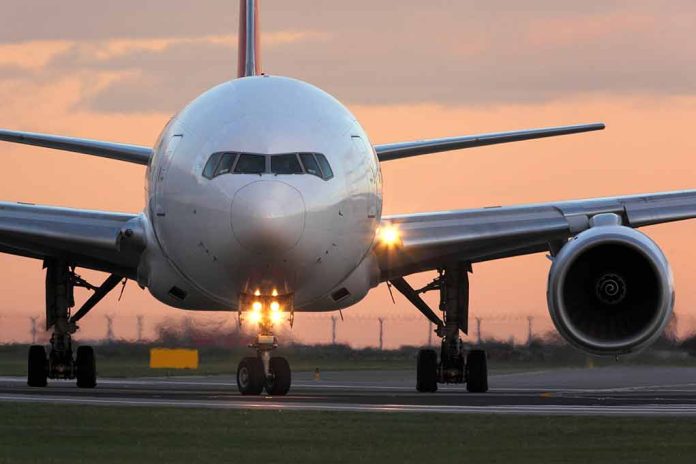
Emirates President Tim Clark has had enough of Boeing and Airbus blaming supply chain issues for years of delivery delays while demanding the aviation giants take responsibility for their production problems.
Key Takeaways
- Boeing is showing “positive progress” under new leadership despite a six-year delay in 777X deliveries to Emirates, with current expectations for late 2026 or early 2027
- Emirates President Tim Clark has rejected excuses about supply chain issues, stating bluntly to manufacturers: “you are the supply chain”
- Airbus faces potential supply chain delays of up to three more years, further pressuring airlines waiting for new aircraft
- Emirates has 205 Boeing 777X units on order and is also considering Airbus A350-1000 aircraft pending improvements to Rolls-Royce engines
- Clark dismissed pandemic-related explanations for aerospace industry inefficiencies, demanding concrete solutions to modernize fleets
Emirates Demands Accountability from Aircraft Manufacturers
The aviation industry is facing unprecedented challenges as major aircraft manufacturers struggle with supply chain issues and production delays. Emirates Airline, one of the world’s largest international carriers, has been particularly vocal about these problems. The Dubai-based airline has 205 Boeing 777X aircraft on order, with deliveries now expected between late 2026 and early 2027 – a staggering six-year delay from the original timeline. This situation has prompted Emirates President Tim Clark to publicly criticize both Boeing and Airbus for their handling of these persistent issues.
“I’m quite tired of the self-pity about the supply chain—you are the supply chain,” Said Tim Clark
Clark’s frustration stems from years of delays that have prevented Emirates from modernizing its fleet with more fuel-efficient aircraft. These delays directly impact the airline’s ability to expand routes and maintain competitiveness in the global market. Despite his harsh criticism, Clark has acknowledged some positive developments at Boeing under its new leadership. The American manufacturer is working to stabilize production following a quality crisis and labor strike that severely disrupted operations last year.
Boeing’s Slow Recovery Under New Leadership
Boeing’s troubles extend beyond its supply chain issues. The company is still awaiting FAA certification for its 777X aircraft, adding another layer of uncertainty to an already complex situation. However, Clark has noticed improvement in Boeing’s approach under new management. The aerospace giant appears to be taking more decisive steps to address its production problems and stabilize its operations. This has led to cautious optimism from Emirates, despite the continued frustration over extended timelines.
Boeing’s challenges include recovering from manufacturing issues that have plagued the company since the 737 MAX crisis, exacerbated by pandemic-related disruptions and labor disputes. The company’s production lines have been operating well below capacity, creating a substantial backlog of orders. For airlines like Emirates that depend on timely fleet updates to maintain operational efficiency, these delays represent a significant business challenge. President Trump’s administration has signaled support for American manufacturing, potentially providing Boeing with favorable conditions for recovery.
Airbus and Engine Manufacturers Face Similar Scrutiny
Emirates’ concerns aren’t limited to Boeing. Airbus faces potential supply chain delays of up to three more years, according to Clark. The European manufacturer is struggling with similar issues in meeting production targets, adding further pressure to airlines awaiting deliveries. Additionally, Emirates has expressed skepticism about Rolls-Royce engines, particularly regarding their performance in the extreme climates where the airline operates. This concern has complicated potential deals for Airbus A350-1000 aircraft powered by Rolls-Royce.
“There are still opportunities for Rolls-Royce in the region—if they can deliver the performance we need,” According to the President of Emirates Airline
Clark has dismissed the pandemic as an excuse for ongoing inefficiencies in the aerospace industry. His message to manufacturers is clear: take responsibility and provide concrete solutions. As airlines face growing demand for international travel, the need for new, fuel-efficient aircraft becomes increasingly urgent. The industry’s recovery depends on manufacturers’ ability to overcome these persistent challenges and deliver on their commitments. For conservative Americans concerned about economic competitiveness, this situation highlights the importance of strengthening domestic manufacturing capabilities.







